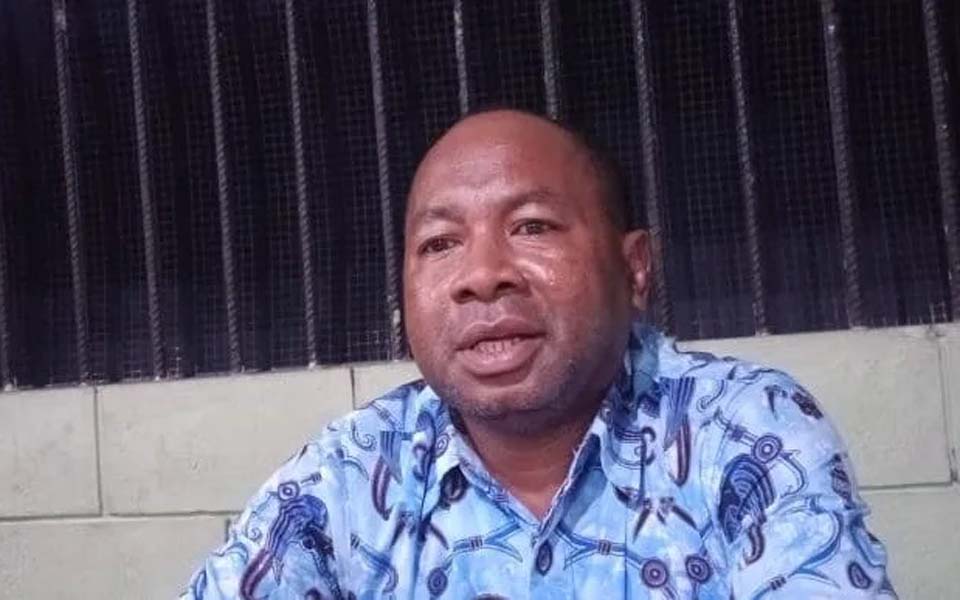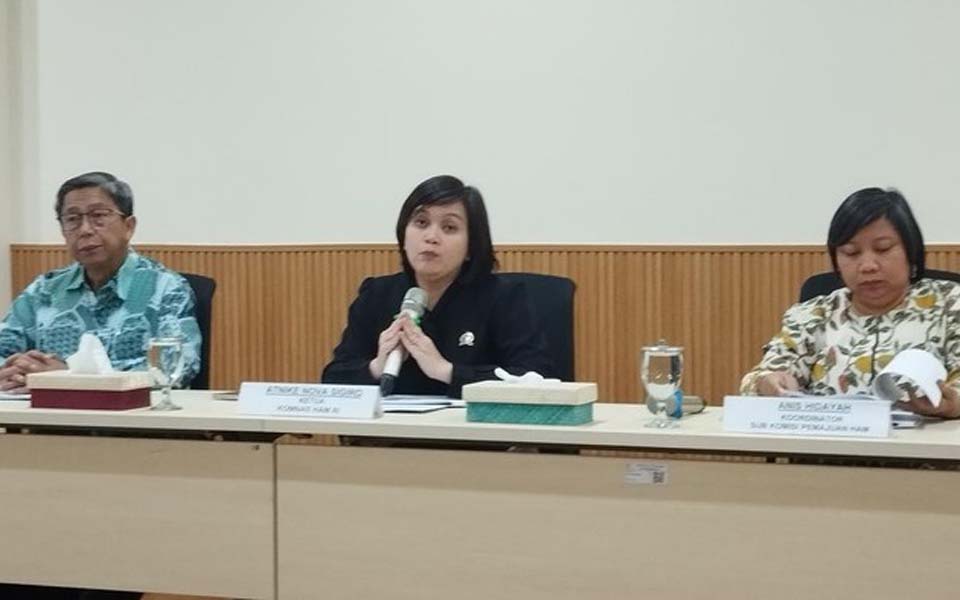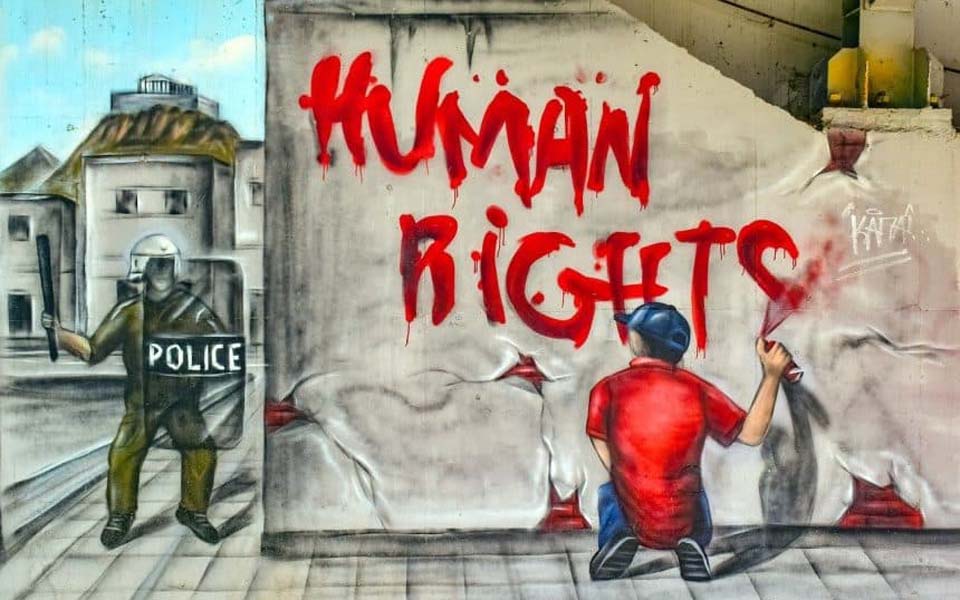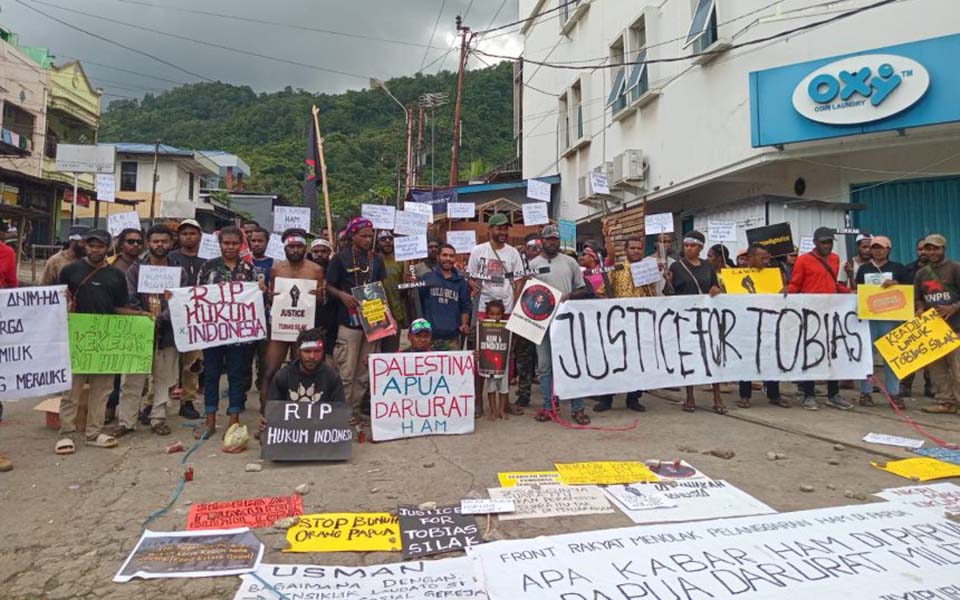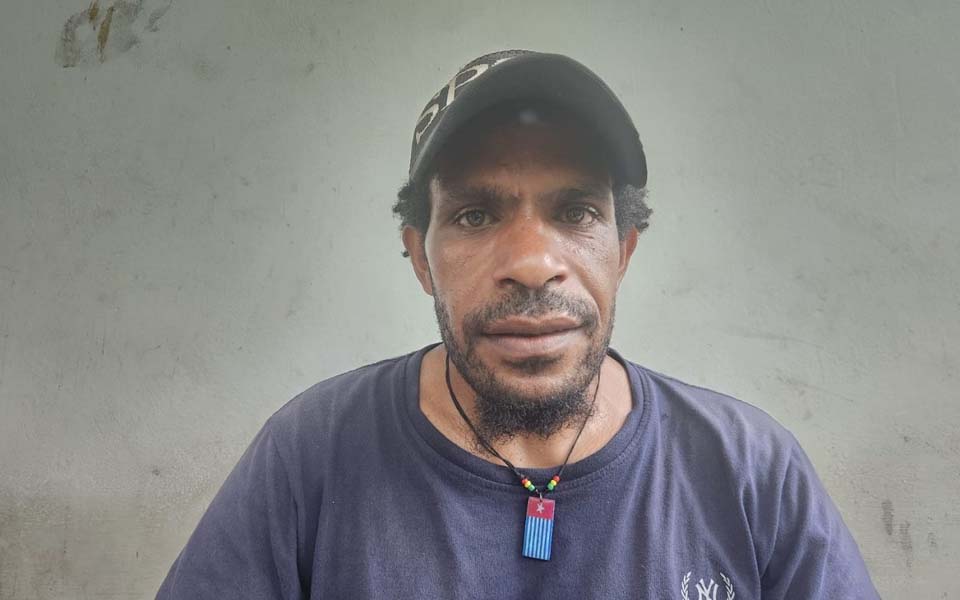Jakarta – Inter-faith religious leaders have called on the government to be careful in dealing with the problems in Papua. The figures, who came from a number of religious mass organisations including the Nahdlatul Ulama Central Board (PBNU), the Gusdurian Network and the Indonesian Communion of Churches (PGI), are asking the government to stop using a militarist approach in the land of Papua.
PBNU Chairperson Said Aqil Siroj said that the wrong approach will only cause more unrest and create new problems.
“We also conveyed our very high appreciation to government officials and all social groups in Papua, particularly religious and customary community figures who have genuinely tried to safeguard the social situation so that it doesn’t lead to riots, stir up the atmosphere and disrupt security”, said Siroj during a press conference at the PBNU building on Monday September 9.
A women’s figure from the Gusdurian Network, Alissa Wahid, said that a militaristic approach is no longer relevant and in fact tends to worsen the situation. Wahid conveyed several recommendations to the government to overcome the problems in Papua.
“[We’re] asking the government to halt the militaristic approach to resolving the problems in Papua. Military methods are not relevant and tend to make the situation even worse”, said Wahid in reading out one of the points in a statement.
They are also pushing the government to prioritise dialogue and a humanitarian approach.
Speaking in the same vein, Antie Sulaiman from the Indonesian Christian University (UKI) called on security personnel to stop conducting sweeps of Papuan student dormitories no matter which city they are in.
Reverend Gomar Gultom from the PGI proposed the formation of a joint independent government and civil society team to look into the incidents which have occurred recently. According to Goltom, up until now information on the situation is still confusing.
“Such a team is important to resolve recent cases. Information from civilians is said to be exaggerated, but [information from] the security forces is also not [reliable]. Because of this a joint independent team is needed to resolve the problem”, said Goltom.
In a joint statement, the inter-faith religious leaders also asked the government to fully resolve pending rights cases which have to this day not yet been completed, by forming special institutions. This step needs to be undertaken to ensure that violence and cases of human rights violations in Papua are not repeated.
“In order to fulfill obligations which have yet to be met based on the Special Autonomy Law, which among others includes the formation of a Human Rights Commission, a Human Rights Court and a Truth and Reconciliation Commission that is based in Papua”, said Romo Heri Wibowo from the Indonesian Bishops Conference (KWI) in reading out the fifth demand from the inter-faith religious figures.
Aside from Siroj, Wahid, Goltom and Wibowo, a number of other figures also signed the statement including Prof Dr Romo Frans Magnis Suseno, Ronald Rischardt from the PGI’s Papua Bureau, Antie Sulaiman from the UKI and Amnesty International Indonesia Director Usman Hamid. (ika/ain)
[Translated by James Balowski. The original title of the article was “Tokoh Lintas Agama: Setop Pendekatan Militeristik ke Papua”.]








